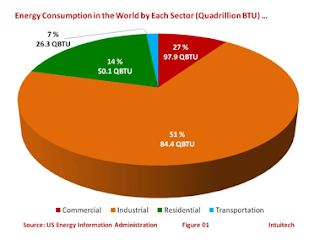The Driver…cont2…
For instance there is no defined data standards at the community level in any community that I am aware of that could be used in conjunction with web services technologies for community organizations to electronically report their statistics in a unified way directly to a government department over the web and have that data be directly correlated to data from another agency. In fact, Dr Ken Moselle, Manager, Performance Standards & Monitoring, Mental Health & Addictions Services for the Vancouver Island Health Authority , says that “90% of the relevant data is lost as it makes its way from the front line to the policy makers.”
What does this mean? It means that organizations can not share registry information and have little ability to cooperatively track individual clients as they move through the variety of services available to them in a community. For example: Jane Alexander might make use of an employment services training program and at the same time make use of a shelter, alcohol counselling, family therapy, recreation program and youth services program. From a public policy perspective is Jane one person receiving six services or is she counted somewhere in a government social services database as six different people? The answer to that question is that currently Jane is being counted as six different people. Government and community have not yet solved the issues of counting services recipients accurately. There are issues of privacy to be considered here and they are addressed elsewhere in this book. But consider how can you create relevant and accurate statistics on community services, public health issues and social conditions if you have no way of understanding the true nature of the social condition in a community. It does not make holistic sense to count Jane as six people and creates a critical inaccuracy that leads to poor public policy development. This is a still a significant issue in public policy making today.

Comments